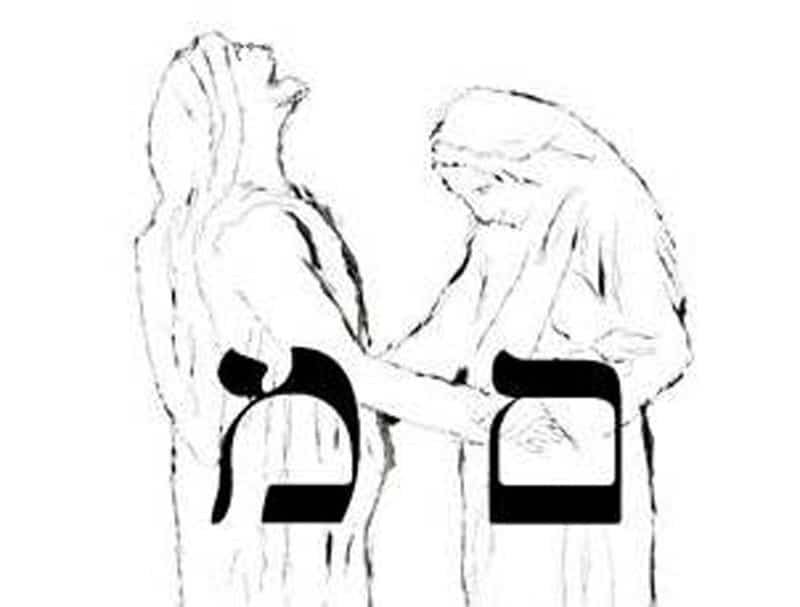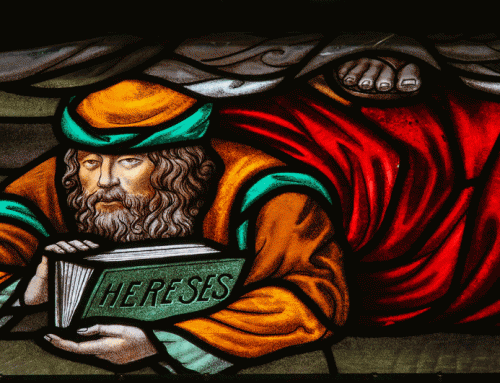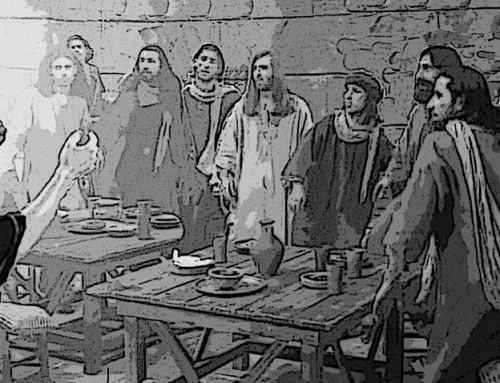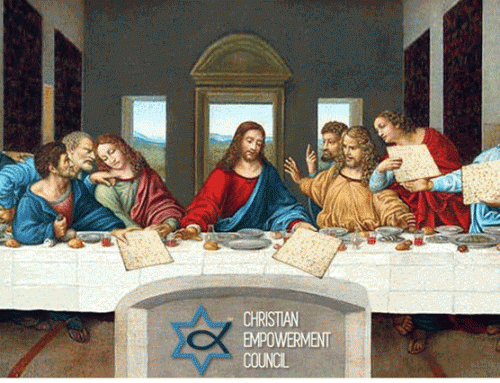By John David Pitcher Jr., MD
We’ve all heard the saying, “Something was lost in the translation.” Such is the case when a word in Scripture is translated from the Hebrew to the English, from the Hebrew to the Greek, or from the Greek to the English. It is clear that the word retains an unseen characteristic from the original language that we are just not able to see. But sometimes, a word picks up an additional characteristic from the original language in Scripture that is only seen by examining clues placed by the writers through the inspiration of the Holy Spirit.
The Greek word “great” (‘megas’ is its transliterated form) is one such word and gains its meaning from its first use in the 70 Rabbis’ translation of the Hebrew, the Septuagint in its first (and double) use in Genesis 1:16 describing the Creation: “God made the two great lights: the greater light to rule the day, and the lesser light to rule the night. He also made the stars.”
It picks up an additional characteristic from the use of the word in Isaiah 9:7 from the Hebrew text where the word “of the increase” (‘lemarbah’ is its transliterated form from the Hebrew) represents the word “great”. What is important to note is that the “mem” within the word is unusual (the “m” in ‘lemarbah’).
The Hebrew letter “mem” has two forms. One, the ‘open’ form occurs at the start or in the middle of a word. The other, the ‘closed form,’ occurs as the final letter of a word in its sofit (‘sofeet’) form. The letter represents water and the open form of the letter looks like a wave bringing to mind the waters of the womb that break forth with the open birth canal evident at the bottom of the letter. The closed form then represents the barren womb or the virgin womb. (See the illustration silhouettes of Elizabeth on the left and the betrothed virgin Mary on the right, cf. Luke 1:39-45.)
So grammatically, the “mem” within the word ‘lemarbah’ should be the open form of the letter, but strangely it appears as the closed form of the letter, the form that usually occurs at the end of the word. This is a sign! The scribes are accurate! This is no mistake and gives an identity to the use of the word “great” in Isaiah 9:7.
Note the English translation of the Greek in Isaiah 9:5-7:
“For every apparel and garment assembled by treachery, they shall pay with reparation; and they shall want to even if it became scorched. For a child was born to us; a son was given to us, of whom the sovereignty became upon his shoulder; and his name is called Messenger of great counsel, wonderful, counselor, mighty God, potentate, ruler of peace, father of the eon about to be. For I will bring peace upon the rulers, and his health. And great is his sovereignty, and of his peace there is no end upon the throne of David, and his kingdom to set it up and to take hold in judgment; even with righteousness from the present and into the eon. The zeal of the LORD of Hosts shall do these things.”
So the word “great” in Isaiah 9:7 indicated that the child will be born of a woman with a closed womb, a virgin with the special placement of a single letter. Also within the word is the idea of a greater light, from the word’s first use in Genesis 1:16.
There is one more important finding, if all this wasn’t enough. The unusual word “reparation” (katallaga) has its sole use in the Septuagint here in Isaiah 9:5. It is otherwise only used in the New Testament in Romans 5:11; 11:15; 2 Corinthians 5:18, 19. It is usually translated “reconciliation” which means “reuniting” or “bringing together again” and the four times that it is used in the New Testament identify that God reconciled us to himself through Yeshua the Messiah, bringing identity to Isaiah’s prophecy.
The virgin birth cannot be considered without discussing often disputed wording in Isaiah 7:14. Some translations interpret the word “almah” in Isaiah 7:14 as meaning “virgin.” Some translations interpret the word “almah” in Isaiah 7:14 as meaning “young woman.” Which one is fair to the Hebrew text? And is there anything that can be learned from Hebrews, Paul’s Midrash [commentary] of Genesis, to resolve the controversy?
Genesis 24 is key to understanding the meaning of the word “virgin” in Isaiah 7:14. It is the account of the servant of Abraham searching for a bride for Isaac, Abraham’s only son whom he loved.
In Genesis 24:16 Rebekah is called a “betulah” in the Hebrew. In Genesis 24:43, she is called an “almah,”the very same word that Isaiah used in Isaiah 7:14. Paul solves the debate in his Midrash of this section of Genesis.
Without getting into the depth of the Midrash, Hebrews 7:17-22 is a Midrash of Genesis 24:7-49. Paul uses seven words for a total of nine combined times in this section of Hebrews from the 70 Rabbis’ translation of the Hebrew text into Greek of Genesis where those same seven words are used a total of fourteen times to link the two passages.
Paul plays on the two different words for “virgin” describing Rebekah with two slightly different quotes of Psalm 110:4 (Hebrews 7:17 and 21b). The first quote substitutes the word “it is testified” for the first half of the psalm, whereas the second quote is a quote directly out of the 70 Rabbis’ translation, the Septuagint. Note the difference:
“For it is testified, ‘You are a priest forever, according to the order of Melchizedek.’” (Hebrews 7:17)
“‘The Lord swore and will not change his mind, “You are a priest forever, according to the order of Melchizedek.”’” (Hebrews 7:21b)
No one disputes the two quotations are from Psalm 110:4. No one disputes the two quotations are descriptions of the same Person. Yet the second quote gives more detail as to the Messianic prophecy by David in the psalm.
In like manner, Paul adds the distinguishing trait between the words “betulah” in Genesis 24:14 and “almah” of Genesis 24:43. Paul adds in Hebrews 7:22, immediately after the second quote so there can be no controversy:
“By so much, Yeshua has become the collateral of a better covenant.”
Some translations use instead of the word “collateral” the word “surety” or “guarantee.”
The difference between the two Hebrew words for “virgin”, “betulah” and “almah” in Genesis 24, the account of the servant of Abraham seeking a bride for his son, Isaac, is that the servant paid a surety (jewelry) for the bride of Isaac.
So the word “betulah” means “virgin” and the word “almah,” using Scripture to interpret Scripture, simply means “a betrothed virgin for whom a surety has been paid.” Controversy resolved.
Putting it all together, the Light of the World, whether by night or by day, was born of a betrothed virgin for which a surety was paid to bring reconciliation between God and man. His English name is Jesus the Christ. His Hebrew name is Yeshua the Messiah. He, in fact, is the Servant that Isaiah speaks of later in his prophecies and his guarantee for those that would come to him, the son beloved and bound by his father, is the empty tomb, that is, his Resurrection.
If you haven’t, isn’t it time to be reconciled to God through his provision of his Son, Yeshua the Messiah, born of a betrothed virgin and risen from the dead? He is the Light of the World through whom our sins are forgiven by believing in him. He guarantees it.








In Exodus 2:8 the word almah is used as well. And is translated as maiden. Are you saying here, that a more correct translation would be a betrothed maiden?